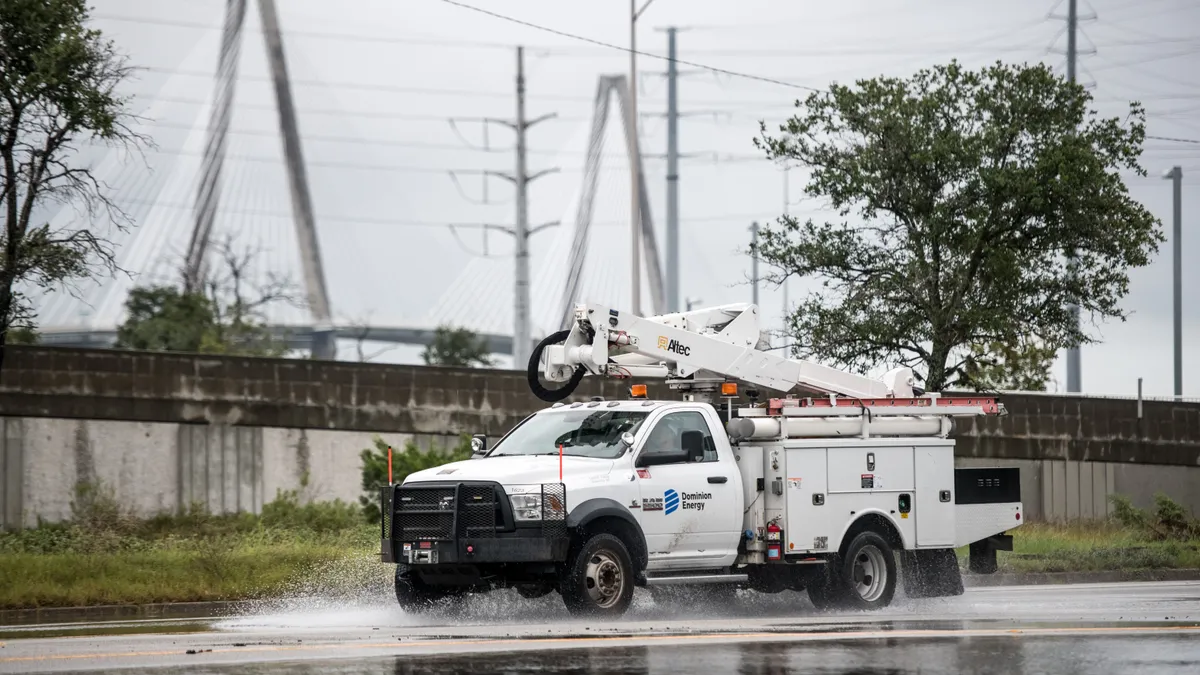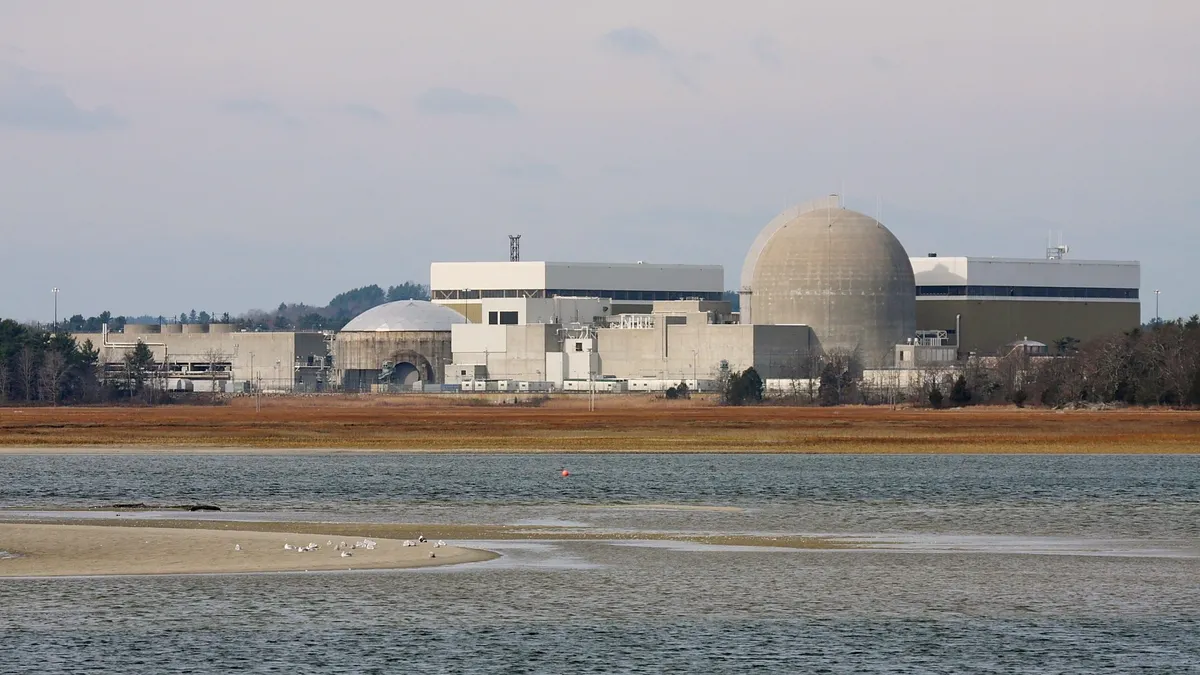The following is a contributed article by Kenneth W. Costello, a regulatory economist and independent consultant who has worked for the National Regulatory Research Institute, the Illinois Commerce Commission, Argonne National Laboratory and Commonwealth Edison.
Public utility regulation has extended far beyond its longstanding mandate and what is socially optimal. That mandate confines itself to setting "just and reasonable" rates and acting in other ways to improve the long-term welfare of utility customers. After all, the raison d’etre for public utility regulation is to protect customers from "monopoly" utilities.
Society expects electric utilities, perhaps more than any other private entities in our economy, to integrate social goals into their decision-making process. Around the early 1990s, state regulators and legislatures throughout the country began to demand that utilities expand their sphere beyond a for-profit commercial enterprise by subsidizing low-income households, accommodating, facilitating and even subsidizing their competitors — for example, retail solar providers — and renewable energy, investing in politically popular technologies, promoting energy efficiency, and achieving clean-air/climate change targets beyond federal and state mandates.
These demands on utilities — which have escalated their costs — have hampered their ability to operate as profitable entities providing basic services reliably and economically. Policymakers (state legislatures and regulators) should perhaps take a sobriety test. Have we gotten off the rails? Are we on the right path or are we going down the primrose path to arduous transitional problems, inefficient and unreliable utility service, and excessive electricity prices?
Utilities themselves have been complicit in broadening their social responsibility for the purpose of goodwill/public relations that they hope would lead to favorable treatment by regulators and other government officials. Utilities have become strong proponents of subsidized energy efficiency programs and clean energy technologies.
The increased politicization of public utility regulation has negative repercussions for regulation as an institution. First, it means more special-interest influence with additional stakeholders motivated to co-opt the public interest. There is an inherent conflict between regulators demanding that electric utilities advance a growing number of social objectives, while expecting them to carry out their fiduciary responsibilities to shareholders and to serve the long-term interest of their customers.
Second, emphasis has shifted to myopic and non-economical effects. With greater politicization, regulators have increasingly weighted the effects on the local environment, climate, job creation, economic development and other outcomes. This trend has resulted in less concern for their customers, as other objectives become ingrained in utility decision-making.
Third, it increases the likelihood of subsidies and the socialization of costs for new investments. Subsidies — an outgrowth of increased politicization — can cause serious harm. One common bizarre practice is for electric utilities to subsidize their customers to use less of their core service via energy efficiency initiatives, and to subsidize their competitors under regulatory mandates. Subsidies of any form almost always fail a cost-benefit test from a public-interest perspective.
To wit, subsidies for specific technologies should continue only under special conditions; subsidies often have negative side effects that are non-transparent. Uneven subsidies across energy sources violate the condition of a "level playing field" where no technology or market participant has an unfair advantage. Policies that are technology neutral are more likely to lead to the most socially desirable investments. Clean energy technologies, for example, should be competing with each other and the technologies they seek to replace in the marketplace, not in the government arena. Well-functioning markets require consumer empowerment, robust incentives for innovation and economically rational pricing.
Regulators should also ask themselves whether utilities’ customers are getting the short end of the stick. Are customers funding the advancement of political objectives through inflated rates without compensatory benefits? The term "turkey stuffing" aptly describes the current situation where utilities keep fastening surcharges to a typical customer’s bill to fund investments and other activities, the benefits of which often largely accrue to others, including fringe interests with political leverage.
The dynamics have followed a pattern: Politics and interest groups are driving change toward, say, a clean energy/less energy consumption future; utilities are not necessarily opposed but want changes in ratemaking and regulatory rules to protect their financial interest. Regulators, pressured by utilities and advocates of clean energy, seem to acquiesce in and even exhibit enthusiasm about this development. They generally pass through costs increases and any revenue losses to core utility customers.
Today, one could rightly ask whether utilities more closely resemble social agencies than private entities driven to serving only their shareholders and customers. One could also question whether funding political mandates through utility rates best serves customers.
To be fair, regulators are not the sole culprit for the extreme politicization that is threatening the interests of utility customers. Legislative actions set the parameters for regulatory actions that often constrain the ability of regulators to serve the public interest. Politics typically propel those actions, with special interests unduly influencing the legislation. We have seen utilities, environmentalists, new market players and other special interests lobbying state legislatures for favors after failing with regulators. Their intent is to promote their agenda, not society’s interest.
Concluding on a somber note, we cannot ignore the reality that regulators’ self-interest may part from the public interest. We expect regulators to hold utilities accountable for their actions, but who holds the regulators accountable?





















